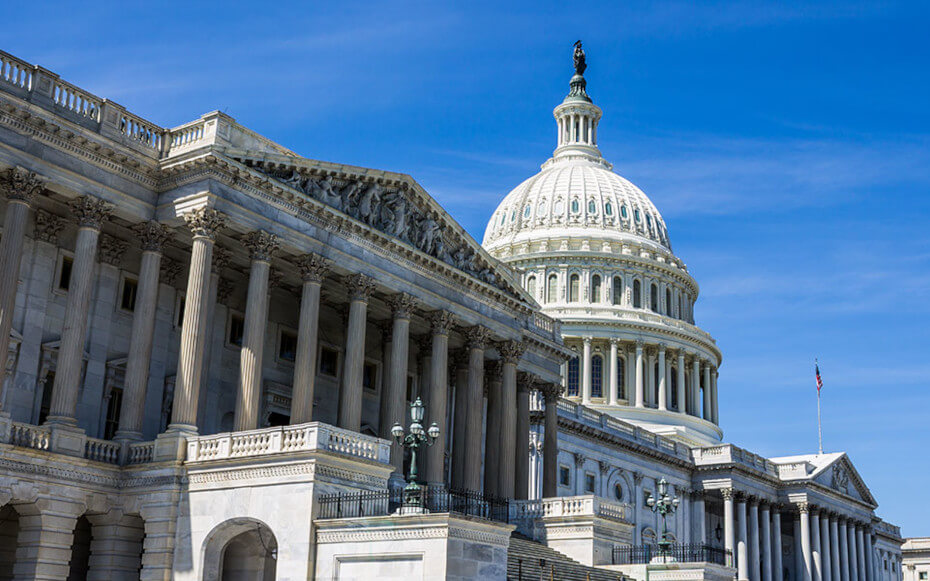Spotlight for Career Services Professionals
Spotlight for Recruiting Professionals
In May of 2010, the U.S. Department of Labor (DOL) set forth a “six-part test” to determine if an intern could actually be classified as an “unpaid intern.” In the almost eight years that have followed, there have been a lot of changes to the world, but the six-part test has remained. The six-part test has continued despite multiple courts refusing to implement it, and group upon group challenging its effectiveness and the impact it has on both employers and potential unpaid interns. As of January 5, 2018, the six-part test has been eliminated.
After the DOL adopted the test, a wave of lawsuits followed against employers from unpaid interns who claimed they should have been paid under the test. Many employers settled the claims, costing them hundreds of thousands of dollars in some cases.
Some employers, however, chose to fight the claims and, in doing so, alleged that the six-part test was too narrowly defined and should not be used by the courts. A number of courts agreed with the employers, including the court for the Second Circuit, which rejected the six-part test in Glatt v. Fox Searchlight (the “Black Swan” case) and instead adopted a “primary beneficiary” test to make its decision. This test looks at who was the “primary beneficiary” of the internship—the company or the student. If the company is the “primary beneficiary,” then the internship must be paid. If, on the other hand, the student is the “primary beneficiary,” then the internship may be unpaid.
On January 5, 2018, the DOL issued a statement essentially ending the reign of the six-part test and replacing it with the primary beneficiary test to determine if an individual can be classified as an unpaid intern.
The primary beneficiary test does not include a rigid set of requirements, but a non-exhaustive list of factors to determine who is the primary beneficiary of the internship. The factors include:
- the extent to which the intern and the employer clearly understand that there is no expectation of compensation;
- the extent to which the internship provides training that would be similar to that which would be given in an educational environment, including the clinical and other hands-on training provided by an educational institution;
- the extent to which the internship is tied to the intern's formal education program by integrated coursework or the receipt of academic credit;
- the extent to which the internship accommodates the intern's academic commitments by corresponding to the academic calendar;
- the extent to which the internship's duration is limited to the period in which the internship provides the intern with beneficial learning;
- the extent to which the intern's work complements, rather than displaces, the work of paid employees while providing significant educational benefits to the intern; and
- the extent to which the intern and the employer understand that the internship is conducted without entitlement to a paid job at the conclusion of the internship.
In this regard, the DOL’s fact sheet on unpaid interns now states that “this test allows courts to examine the ‘economic reality’ of the intern-employer relationship to determine which party is the ‘primary beneficiary’ of the relationship.” The fact sheet proceeds to list the factors set forth above and indicates that “the ‘primary beneficiary test’ [is] a flexible test, and no single factor is determinative. Accordingly, whether an intern or student is an employee under the [Fair Labor Standards Act] necessarily depends on the unique circumstances of each case.”
The DOL fact sheet further states that the “FLSA exempts certain people who volunteer to perform services for a state or local government agency or who volunteer for humanitarian purposes for non-profit food banks. [The DOL] also recognizes an exception for individuals who volunteer their time, freely and without anticipation of compensation, for religious, charitable, civic, or humanitarian purposes to nonprofit organizations. Unpaid internships for public sector and nonprofit charitable organizations, where the intern volunteers without expectation of compensation, are generally permissible.”
While this change in direction helps companies going forward, it does not relieve any of the companies that already settled claims from their obligations to provide payment to the “unpaid interns.” Going forward, companies should still be mindful to structure any unpaid internship so that it complies with the requirements of the primary beneficiary test.






